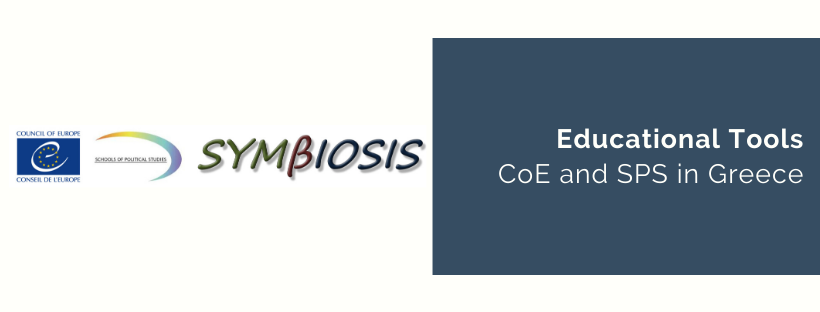The following courses were developed in the framework of the Council of Europe HELP (Human Rights Education for Legal Professionals) Programme (www.coe.int/help). The selected tools we present here, cover various subjects related to Human Rights, refugees, and migrant integration and discrimination.
|
|
Introduction to the European Convention on Human Rights and the European Court of Human Rights
This course is aimed at providing the necessary basis related to the European Convention on Human Rights (ECHR) and the European Court of Human Rights (ECtHR). It offers a possibility to be acquainted both with the text of the ECHR itself and with the methodology and the procedure followed by the ECtHR in interpreting it. Course outline Module 1: Introduction to the ECHR Module 2: Introduction to the ECtHR Module 3: Execution of the Judgments of the ECtHR |
|
|
Asylum and the European Convention on Human Rights
This course covers the key provisions and the related case law of the European Court of Human Rights which are particularly relevant for asylum-seekers and refugees. Course outline Module 1: The prohibition of ill-treatment (Article 3) and Asylum Module 2: The right to liberty and security (Article 5) and freedom of movement (Article 2/Protocol.4) of Asylum-seekers Module 3: The right to family life (Article 8) and Asylum Module 4: The right to an effective remedy (Article 13) and Asylum Module 5: Article 2, Protocol 4 – Freedom of movement |
|
|
Refugee and Migrant Children
Children on the move, especially in an irregular way, remain one of the most vulnerable groups in Europe today. Regardless of their status and the fact that they are accompanied or not, they may suffer persistent violations of their rights. The course explains how critical issues are addressed in the international and European legal framework and provides the relevant case-law of the ECtHR. Course outline Module 1: Introduction to the legal framework Module 2: – Child-friendly procedures Module 3: Alternatives to detention Module 4: Family reunification Module 5: Social rights and integration Module 6: Guardianship Module 7: Age assessment |
|
|
Fight Against Racism, Xenophobia, Homophobia and Transphobia
It covers the key concepts, the European (CoE and EU) non-discrimination law and the impressive body of case law of the ECtHR and of the Court of Justice of the European Union (CJEU), in addition to decisions of the European Committee of Social Rights. More specifically, the course has two substantive modules, one on racism and xenophobia, and the other one on homophobia and transphobia. A link to a specific module on Roma, the largest minority in the EU is also provided. One of the key reference materials to develop this course has been the Handbook on European non-discrimination law developed jointly by the EU Fundamental Rights Agency and the European Court of Human Rights. Course outline Module 1: Introduction Module 2: Legal Framework Module 3: Racism and Xenophobia Module 4: Homophobia and Transphobia |
|
|
Introduction to Anti-discrimination Issues
The aim of the course is to provide a detailed, yet easily accessible, educational resource to promote understanding among national judges, prosecutors and lawyers in respect of the significant amount of relevant ECtHR case law. Course outline Module 1: Discrimination and the ECHR – Art. 14 Module 2: Discrimination Against Roma Module 3: Discrimination Against the Soci Community Module 4: Discrimination Against Disabled Community Module 5: Discrimination Against Minority Communities on Grounds of Race, Religion, Ethnicity |
The following toolkit was developed by two human rights lawyers, in close collaboration with a serving police officer and with the support of the Roma and Travellers Team of the Council of Europe.
|
|
Toolkit for Police Officers Council of Europe Standards on racially motivated crimes and non-discrimination with focus on Roma and Travellers The toolkit focuses on Council of Europe standards on racially motivated crimes and non-discrimination of Roma and Travellers. It aims to support police officers to better understand, investigate and prosecute human rights violations. |







